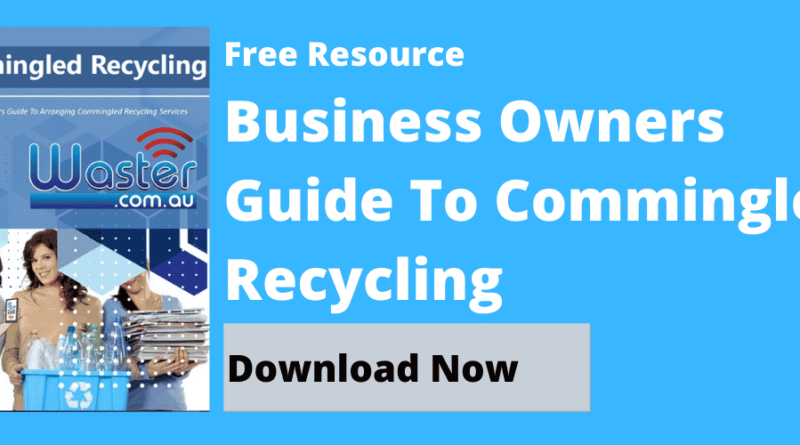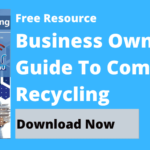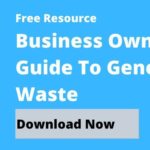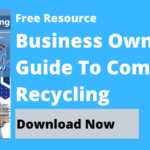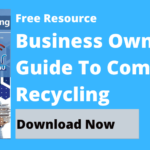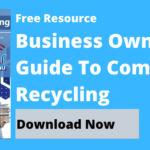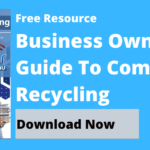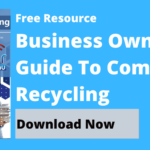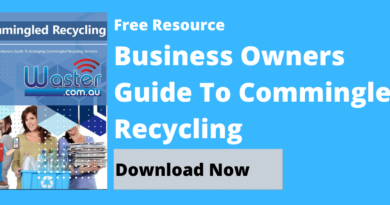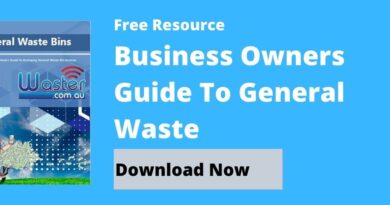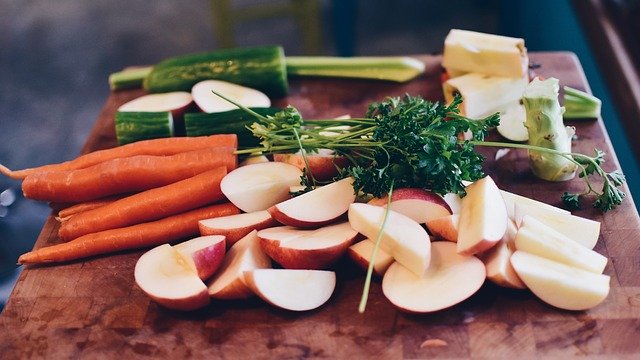We Take A Look At Composting Food Waste ♻️ Podcast Ep. 37 Don’t Be A Waster
Energy Disrupter
We Take A Look At Composting Food Waste ♻️ Podcast Ep. 37 Don’t Be A Waster
Listen on Apple Podcasts Listen on Spotify Listen on Google Podcasts Listen on Stitcher Listen on Amazon Music
Transcript: We Take A Look At Composting Food Waste
We Take A Look At Composting Food Waste ♻️: Welcome to another edition of Recycle: Don’t be a Waster! Today’s episode is going to be a quite a short one based on, really, about composting. And this really stems from an article I read in, I think it was the Sun Herald, or some people like that in Australia this week, whereby it was talking about composting and what can be composted and the benefits of it. First thing, I think, I would say, you know, I suppose, at Western, we always like to promote recycling.
First thing I would say is, I personally am not a big, you know, I don’t think that, you know, when food waste goes to landfill and we’re told that it emits methane due to it being an anaerobic environment, that it’s much worse – the environment than a food waste rots away in a domestic composting facility. I’ll be honest, I don’t… that doesn’t really, to me, sound the biggest difference in the world. I’m not sure what, you know, maybe some scientists are listening and they think it’s a huge difference, you know, from a… In a previous life, I used to actually, I one time thought I was going to work in carbon trading.
>Download Now: Free PDF Business Owners Guide To Commingled Recycling Bin Services
In a previous existence when I was an accountant, and you know, when you start really digging into the impact of different gases on the environment, my understanding is it’s quite tricky to to prove you know methane versus CO2 etc. so I’m not really going to look into that as the real purpose for composting like for me, the benefits are much more practical. And maybe I’m a simple person, but for me, the benefits are you don’t have to transport it somewhere and you don’t have to spend enough trucks driving through a city. You don’t have to have gas or a petrol being burned to to drive those trucks, which clearly is bad for the environment, for financial reasons, for the city in general.
Act 2: We Take A Look At Composting Food Waste
With traffic so clearly – if people can’t post it at home, it makes a lot more sense to me, I think, you know. You reduce any for trucks driving down city streets and at the end of the day, you know food wasted landfill is benefiting nobody. I want to say a food waste, we also mean organic waste: leaves, green waste, those things, it’s benefiting nobody, really, in a landfill. But if it’s turning the compost, you know, that could be very useful, particularly in a country like Australia where, you know, we face I was going to say droughts but I think certainly on the Eastern Seaboard, at the moment, I think a drought seems a long way off. Famous last words, I guess.
I think everything goes in cycles, or most things do, and I’m sure in a couple of years, we’ll be crying out for a red again. But you know, I think, compost if you make a guitar composter, it… it basically creates incredible nutrients that can be used for your garden to grow plants, grass, whatever it is in your garden and make it a much more, you know, make it much more sustainable. You don’t have to go to Bunnings or or an equivalent or garden center and buy, you know, mulches and different composts commercially made. And so you’re saving yourself money, which is very important and, you know, you’re getting some benefit from that organic matter, which again, is… is a no-brainer to me.
Really, it makes perfect sense, so I think it’s a great idea. I think anybody with room to do it should consider doing it. And you know, I suppose, what I liked about this article was I… I’ll be honest, I’m not green-fingered. I’m not the biggest gardener in the world, and I just… I didn’t really know what could be composted. I assumed it was just food, but apparently, other things can be composted, as well, which I thought was very interesting in the article. I will link in the article in the show notes, of course, you know, on YouTube and Spotify etc.
Act 3: We Take A Look At Composting Food Waste
Other items that can be disposed of that, I wasn’t aware of are items such as egg cartons, you know, the cardboard cartons, eggshells, themselves, which, I suppose, naturally not for organic matter but I wouldn’t have thought that even cardboard, toilet rolls and paper, and as far as human hair and animal hair. And obviously, if you have a dog that shares hair, you’re more than aware of how much that can be, so one of the other things they mentioned was.
And we’ve covered in these podcasts how in Australia we’re progressively banning single-use plastics, you know that you’re going to take away shops and restaurants, which is great, but with that, that means you’ll almost certainly be receiving more bamboo or wooden forks and utensils. They can go in the compost as well. So apparently, the rule of thumb is that when you make your compost, it should be roughly three parts dry, you know, i.e., carbon. The leaves to one quarter what’s called wet or green such as the food waste.
Again, to be honest, that surprised me. I would have assumed it would have been more food waste, but that that is interesting, so you know, I think we people might say, “Oh, I live in an apartment. I don’t have capacity for this sort of composting bin or composting waste.” And, I suppose, you know, from our, you know, at Waster, we do speak to quite a few companies. We try to give people some advice, you know, when they call in and ask what can we do with this waste. Some of the options that we have are a company.
Act 4: We Take A Look At Composting Food Waste
We work with WickWorming, who’s in a Sydney-based company, and they produce wonderful worm farms that basically are suitable. They look very aesthetic. They look lovely. And you can have them, I suppose, on a balcony, in a garden or even in an office internally. There’s all different space sizes. So again, we’ll refer you to WickWorming.com.au and then another option is this website that I only became aware of this week: sharewaste.com.
So you know, we often talk about how this stuff waste is a resource, how potentially in the future people might even pay for it. And there is a platform. It’s from, looking at, it’s built by people who, you know, they’re not full-time on this role, I think. They’ve got big jobs with companies like Canva etc. But they’ve built this platform where basically, you can find people who want that organic waste and who will take it in your local area, you know, whether they’re farmers… chicken farmers, you know, gardeners… market gardeners, whatever they are. And so that is sharewaste.com.
And again, we’ll link to that in the in the show notes below. So I think these are really interesting concepts, I think, you know, I think it’s moving towards that concept where we don’t waste… is not waste… It’s… it is valuable. It’s, you know, we’ve seen this with cardboard, with metals etc. And obviously, with food waste, you know, clearly great not to throw in a landfill. Obviously, you know, the less we can produce the better. If people are gone hungry, clearly, it’s good to utilise services like second life and these sort of companies who provide food to homeless people and the needy in Australia and overseas.
[embedded content]
So clearly that’s great but obviously, we’re never going to get rid of food waste and I think then it’s you know to utilize it as well as possible, minimize the environmental aspects and what one person wants: rid of somebody else is keen to get. So yeah those two sites sharewaste.com and WickWorming that’s w-i-c-k-w-o-r-m-i-n-g-dot-com-dot-au are two great options. So I think we’ll leave it there today. Anybody with green fingers, you know, go out and get stuck into some composting this weekend and see how your garden improves. And so we’ll leave it there. Recycle: Don’t be a Waster!


